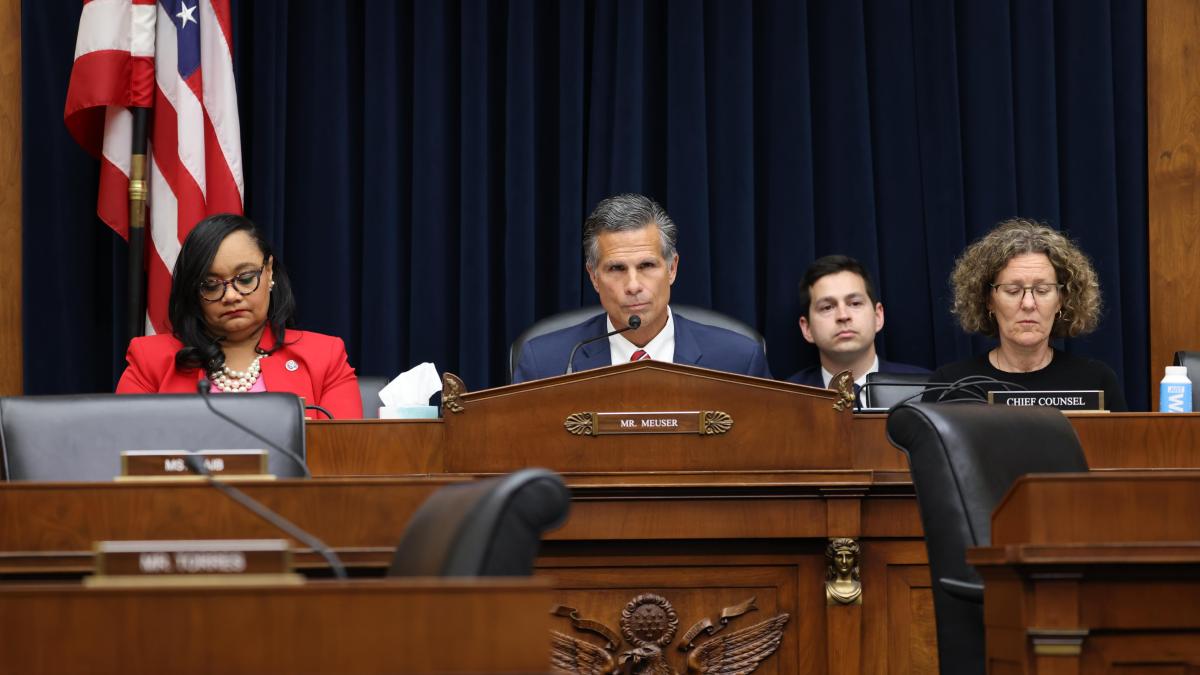Meuser Bill Protecting the Sovereignty of American Businesses Passes in Committee

Washington D.C. – On Thursday, legislation Congressman Dan Meuser (PA-09) introduced, the Protecting U.S. Business Sovereignty Act, passed in the Financial Services Committee.
The bill directs the Securities and Exchange Commission (SEC) to conduct a study on the effect certain mandates in the European Union will have on American companies, consumers, investors, and the economy as a whole. The bill serves as the first step in protecting the sovereignty of American companies from overseas regulations on their U.S.-based operations. Follow-up legislation with an enforcement mechanism will be introduced in the coming months.
“I appreciate the Financial Services Committee’s support for this important legislation, and I look forward to working with my colleagues to ensure it is brought to the House Floor for a vote,” Meuser said. “The U.S. is already taking action on fossil fuels and the SEC and the European Union have no jurisdiction in dictating further carbon emission standards on U.S. companies. However, this bill isn’t about climate change – it’s about following the law and protecting the sovereignty of American businesses. The European Union should not have the authority to issue mandates on divisions of U.S. companies operating on American soil. The American-based operations of U.S. companies should be beholden to U.S. law and no other governing body. My bill is the first step in ensuring we preserve and protect the sovereignty of American companies that have a presence in the European Union, and I intend to introduce legislation with an enforcement mechanism in the coming months.”
Text of the bill can be found here.
Background:
The Protecting U.S. Business Sovereignty Act was introduced in response to a legislative package from the European Commission, the Corporate Sustainability Due Diligence Directive (CS3D). The directive would require companies operating in the European Union to identify, disclose, and take steps to mitigate the “negative impact” of their activities on the environment, pollution, environmental degradation, and biodiversity loss.
Companies deemed non-compliant with the standards set forth in the CS3D directive will be liable for damages and can be sanctioned by national supervisory authorities. Sanctions include “naming and shaming,” removing a company’s goods from the market, or fines of at least 5% of net worldwide turnover. Further, non-EU companies that fail to comply with the rules would be banned from public procurement in the EU.
###
